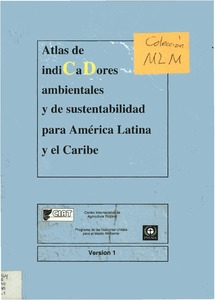Brief report: first meeting of the sub-committee on geo-information to the committee on development information
The first meeting of the sub-committee on Geo-information was held at Headquarters of the Economic Commission for Africa (ECA) in Addis Ababa, Ethiopia, from 29 June to 2 July 1999.







